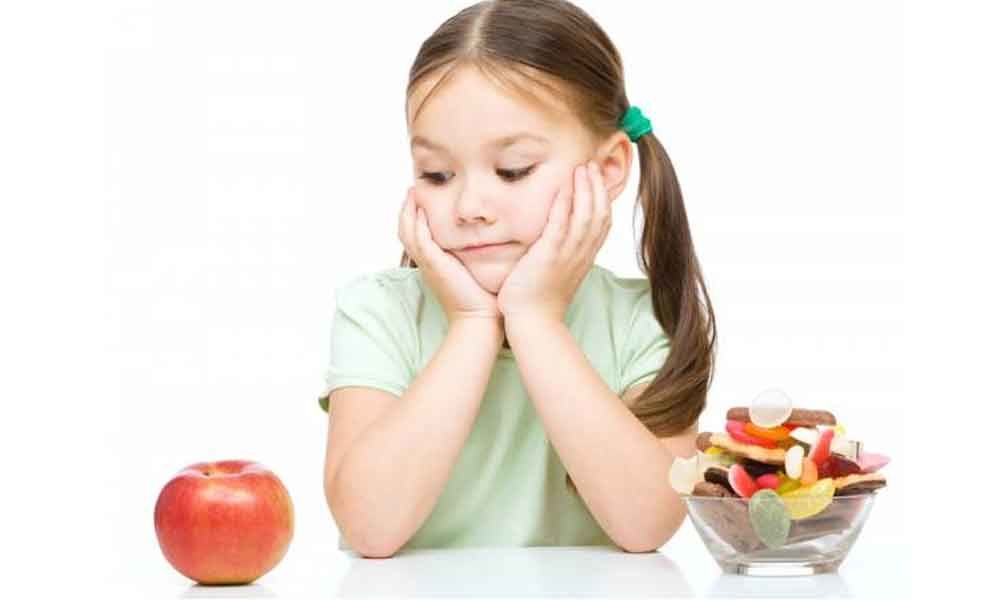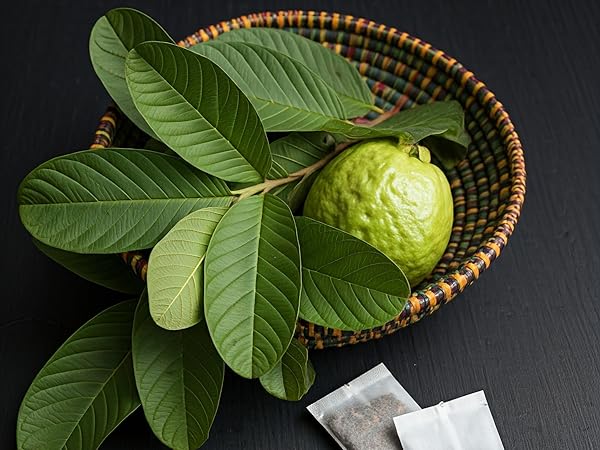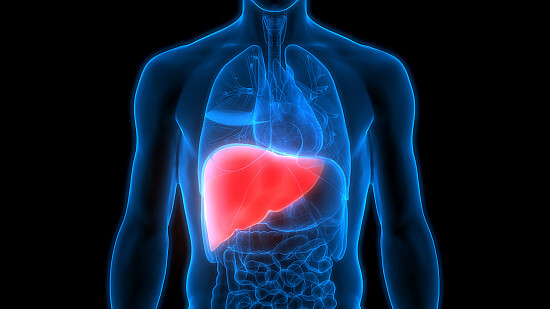Diet can affect your child's brain performance: Study
Mon 10 Jun 2019, 13:16:48

Washington: A new study has found how diet, water intake and beverages like coffee affect a child's brain. The study will be presented at the meeting, 'Nutrition 2019' in Baltimore, and showed an analysis of more than 850 elementary school children.
According to the findings of the study, children who reported higher consumption of snacks and sugar-sweetened beverages scored lower on standardised academic tests, than children who consumed less of these foods.
However, unhealthy diets were not linked to lower cognitive test scores in kids. Also, the study suggested that children with greater habitual hydration performed better during tasks requiring cognitive flexibility.
In addition, children showed improvements in their hydration levels and working memory after consuming a higher amount of water--2.5 litres daily--than when
instructed to drink just half a litre per day.
instructed to drink just half a litre per day.
Undernutrition, prevalent among young children worldwide can harm children's development. In a randomized controlled trial conducted in 26 Indian villages, infants who received a multiple micronutrient powder, an early learning intervention, or both, showed significant improvements in expressive language, visual reception, and social-emotional behaviour compared with those receiving a placebo.
Researchers also studied the effects of Caffeine and L-theanine, substances found in tea leaves, in children with Attention Deficit Hyperactivity Disorder (ADHD). They found five boys with ADHD showed better-sustained attention, improved cognitive performance and decreased impulsivity when taking caffeine and L-theanine supplements together compared to a placebo.
No Comments For This Post, Be first to write a Comment.
Most viewed from Health
AIMIM News
Latest Urdu News
Most Viewed
May 26, 2020
Do you think Canada-India relations will improve under New PM Mark Carney?
Latest Videos View All
Like Us
Home
About Us
Advertise With Us
All Polls
Epaper Archives
Privacy Policy
Contact Us
Download Etemaad App
© 2025 Etemaad Daily News, All Rights Reserved.






























